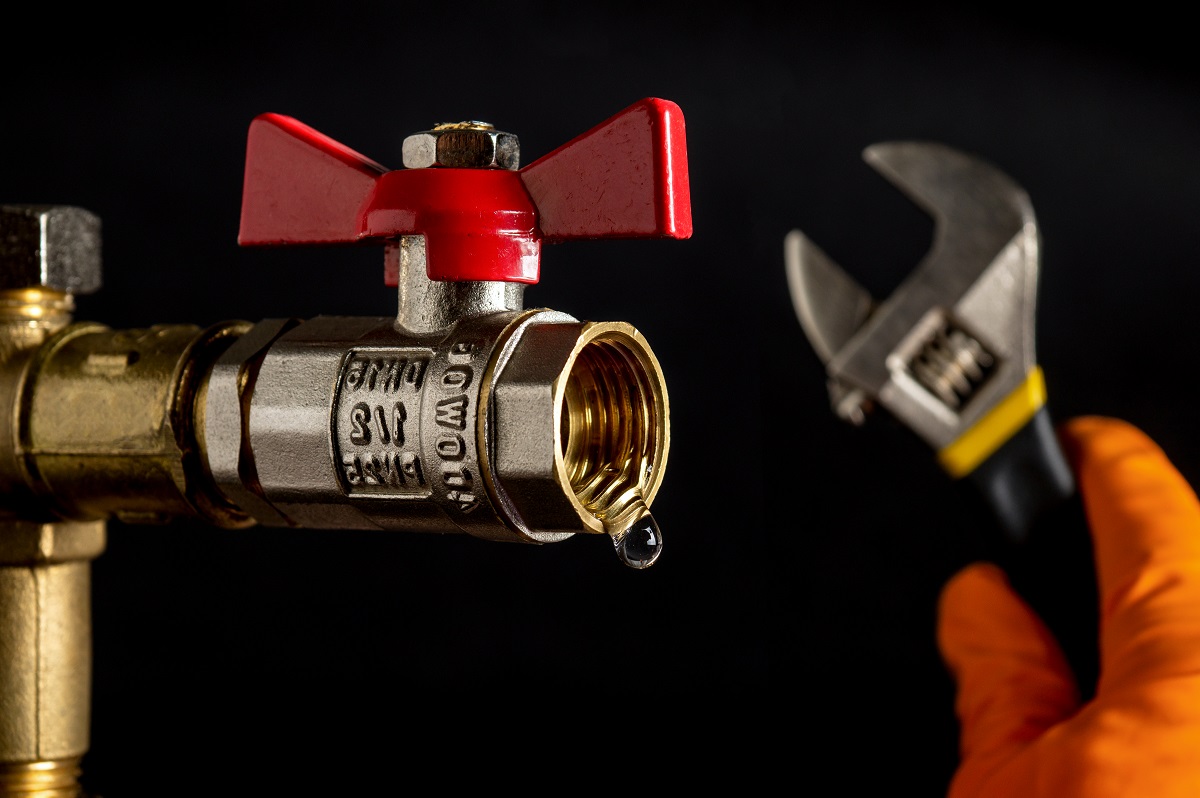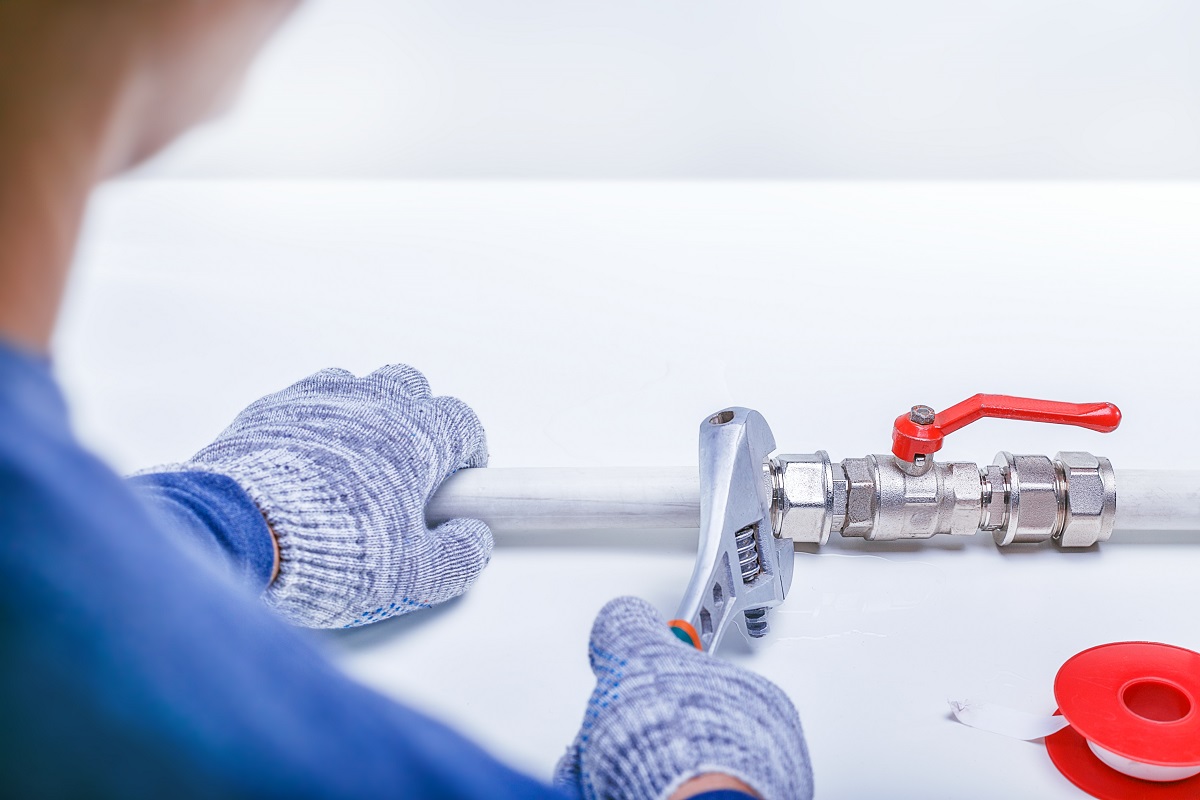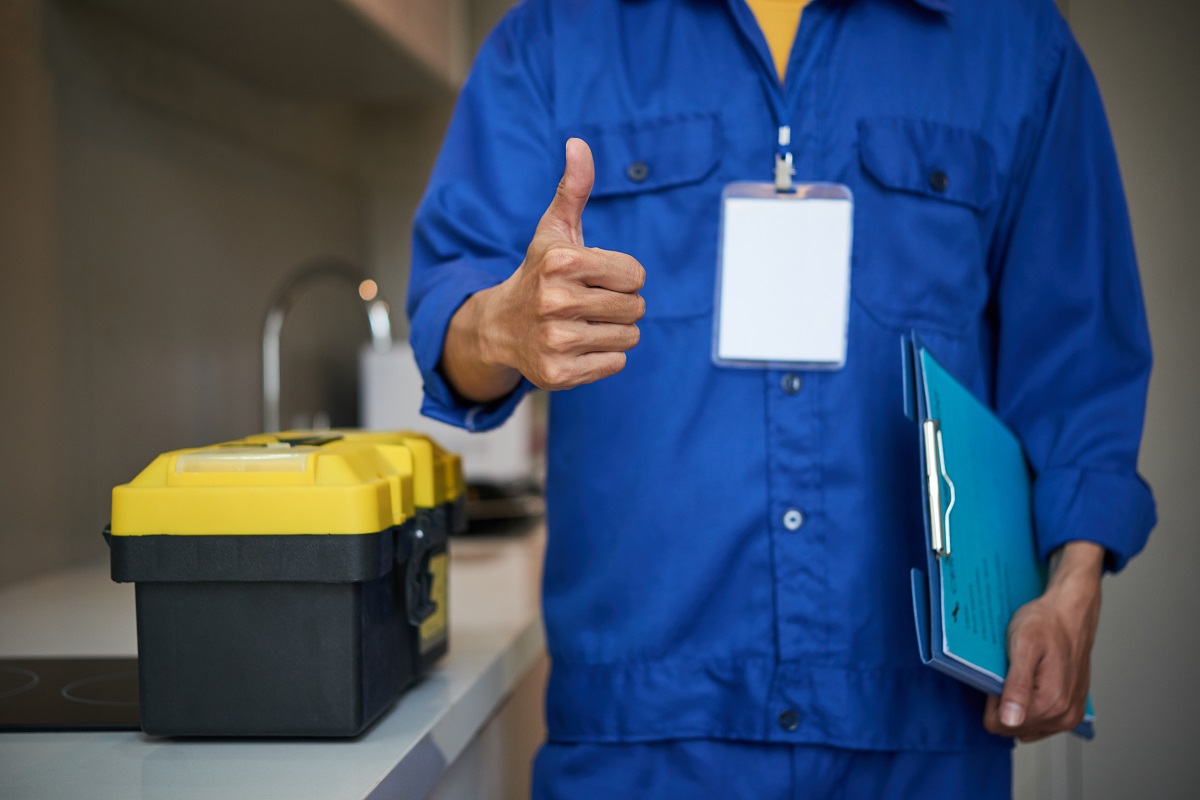
How to Repair Leaky Pipes
How do you repair leaky pipes?
- Know the causes of the pipe leaks
- Perform the safety precautions before the repair
- Carry out temporary fixes while waiting for a plumber
- Work with a professional to settle serious issues
- Use high-quality materials for replacement
Leaky pipes—whether they’re used to transport water or gas—can lead to serious problems for any home and establishment. While compromised liquid supply lines can provide extra moisture in areas where mold can grow, broken fuel pipes are a major fire hazard and can result in an explosion. Some other side effects are higher utility bills, decreased productivity, and damages to other parts of your building. For this reason, you need to know how to repair leaky pipes. Read on!
Know The Causes of Pipe Leaks
To prevent leaky pipes in the future, you need to identify the causes of this problem now. This way, you can ensure that these factors are always under control.
High pressure
If your pipe is not made for high-pressure rates, the pressure from the water or gas can damage the inner walls of your pipelines.
Temperature changes
Extreme heat or cold can damage fragile pipes, causing them to deform, warp, or crack. For this reason, plastic pipes are not recommended for outdoor installations.
Poor installation
In some cases, pipes are not sealed properly during installation. Because of this, the connectors can shift and move over time, causing a leak.
Perform The Safety Precautions Before the Repair

Before starting your repair, you need to ensure that you’re doing it safely. You wouldn’t want to touch fractured steel pipes without proper hand protection or else you might end up with wounds. Aside from that, there are some safety precautions you need to remember when working with gas lines.
This is because prolonged exposure to gas leaks might lead to carbon monoxide poisoning. Broken gas pipes are also a fire hazard, so you need to be careful when working with them. This means you can’t use a phone, smoke cigarettes, light up a fire, or start a vehicle in the area. Because of the risks, you might need to shut off the valves or call the gas company to temporarily cut your supply.
Carry Out Temporary Fixes While Waiting for The Plumber
But while serious gas leak issues are best left to a professional, there might be some temporary fixes you can do for a leaky waterline or drainage. If you’re working with a supply pipe, you need to shut off the main water supply first. This ensures that you have a dry material to work with.
Once the pipes are dried with a cleaning cloth, you can apply a plumbing epoxy putty around the leaky area. Make sure to wear nitrile or latex gloves because this material can heat up a bit. After that, you can tape the edges for a watertight seal. After 10 minutes, it should be dry and you can turn the water on again. For pinhole leaks, you can use adhesive sealing tape.
Work with A Professional to Settle Serious Issues

While these temporary fixes can provide you with immediate results, they won’t last if you have a major problem. For gas lines, DIY fixes might make you vulnerable to risks. That’s why if you want to fix the problem safely and properly, you might need to consult a licensed plumber. They will have all the necessary tools and equipment to fix leaky pipes.
For water lines, a plumber might have to cut the fractured area and replace it with a slip coupling that matches the size of the original tube. But gas lines are more complicated because leaks could start from hidden fittings. Fortunately, these professionals can help you find the main problem by checking all the connectors, using an air pressure machine to find holes, or excavating lines underground before the repair.
Use High-Quality Materials for Replacement
After the repair, your plumber will test the pipes to check if there are other hidden leaks. In some cases, the damage might be too severe for you to rely on these temporary fixes. For this reason, your plumber might recommend a replacement instead.
When choosing a pipe material, you should look for suppliers that adhere to the highest national and international standards. For example, the PS Mark given by the Philippine government can guarantee that your pipes are of good quality, reliable, and safe to use. This way, you’re sure that they will last for a long time before replacements.
Key Takeaway
While you can perform temporary fixes for small problems, a certified plumber will know how to repair leaky pipes—whether they’re water or gas leaks. But you need to understand that these solutions won’t make your pipes as strong and durable as they once are. For this reason, you might need to replace them soon.
That’s why if you’re looking for certified steel pipes for your water and gas lines, you can contact Supreme Pipe! As the trusted GI and BI pipe supplier in the Philippines, we only offer the best products for our clients.


